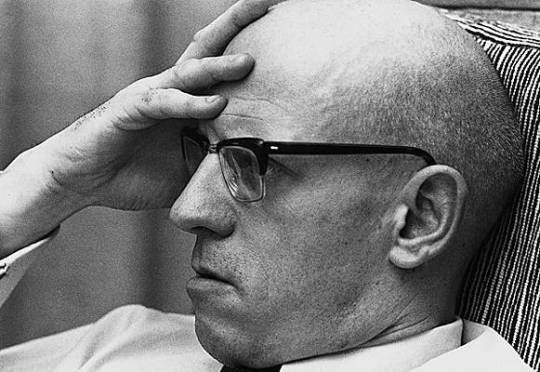Text
This is the great lesson the depressive learns: Nothing in the world is inherently compelling. Whatever may be really “out there” cannot project itself as an affective experience. It is all a vacuous affair with only a chemical prestige. Nothing is either good or bad, desirable or undesirable, or anything else except that it is made so by laboratories inside us producing the emotions on which we live. And to live on our emotions is to live arbitrarily, inaccurately—imparting meaning to what has none of its own. Yet what other way is there to live? Without the ever-clanking machinery of emotion, everything would come to a standstill. There would be nothing to do, nowhere to go, nothing to be, and no one to know. The alternatives are clear: to live falsely as pawns of affect, or to live factually as depressives, or as individuals who know what is known to the depressive. How advantageous that we are not coerced into choosing one or the other, neither choice being excellent. One look at human existence is proof enough that our species will not be released from the stranglehold of emotionalism that anchors it to hallucinations. That may be no way to live, but to opt for depression would be to opt out of existence as we consciously know it.
Thomas Ligotti, Conspiracy Against the Human Race
487 notes
·
View notes
Text
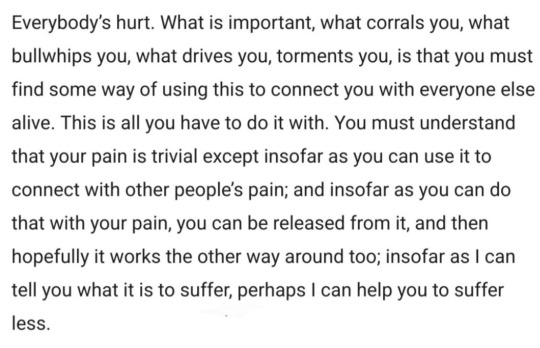
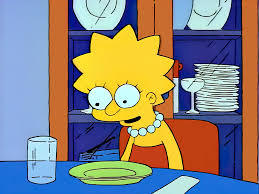
James baldwin’s the artists struggle for identity. Btw.
20K notes
·
View notes
Photo

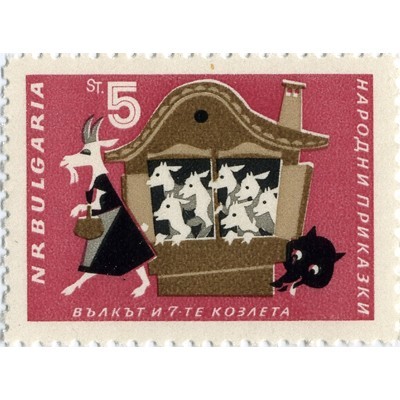
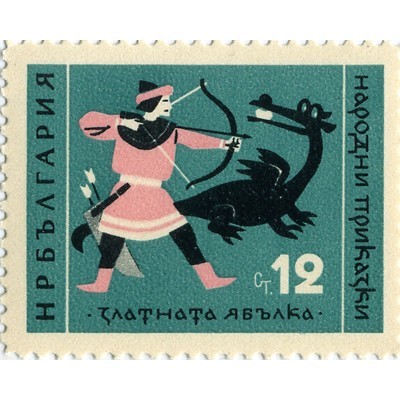
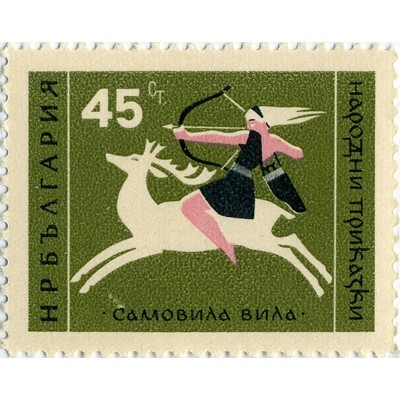
Top: Folk tale postage stamps by Vladimir Korenev and Stefan Kanchev, Bulgaria, 1964
Bottom: Folk tale postage stamps by Vladimir Korenev, Lyuben Zidarov, and Stefan Kanchev, Bulgaria, 1961
via socmus
323 notes
·
View notes
Text
“The question of identity is a question involving the most profound panic—a terror as primary as the nightmare of the mortal fall. This question can scarcely be said to exist among the wretched, who know, merely, that they are wretched and who bear it day by day—it is a mistake to suppose that the wretched do not know that they are wretched; nor does this question exist among the splendid, who know, merely, that they are splendid, and who flaunt it, day by day: it is a mistake to suppose that the splendid have any question of surrendering their splendor. An identity is questioned only when it is menaced, as when the mighty begin to fall, or when the wretched begin to rise, or when the stranger enters the gates, never, thereafter, to be a stranger: the stranger’s presence making you the stranger, less to the stranger than to yourself. Identity would seem to be the garment with which one covers the nakedness of the self; in which case, it is best that the garments be loose, a little like the robes of the desert, through which robes one’s nakedness can always be felt, and, sometimes, discerned. This trust in one’s nakedness is all that gives one the power to change one’s robes.”
—
James Baldwin, The Devil Finds Work
112 notes
·
View notes
Text

Palestinian photographer Mahmoud Manaa documented 2,500 weddings from 1960-1990. “The images illustrate and document aspects of tradition, society, family, gender, and queerness and tell stories of a changing society.” -Raya Manaa, daughter & founder of Al-Ameen Archive Project.
2K notes
·
View notes
Photo








weavers and spinners
Pakistani | Navajo | Qashqai | Japanese | Romanian | Guatemalan | Benin | Kurdish
18K notes
·
View notes
Text
“Cities are smells: Acre is the smell of iodine and spices. Haifa is the smell of pine and wrinkled sheets. Moscow is the smell of vodka on ice. Cairo is the smell of mango and ginger. Beirut is the smell of the sun, sea, smoke, and lemons. Paris is the smell of fresh bread, cheese, and derivations of enchantment. Damascus is the smell of jasmine and dried fruit. Tunis is the smell of night musk and salt. Rabat is the smell of henna, incense and honey. A city that cannot be known by its smell is unreliable. Exiles have a shared smell: the smell of longing for something else; a smell that remembers another smell. A painting, nostalgic that guides you, like a worn tourist map, to the smell of the original place. A smell is a memory and a setting sun. Sunset, here, is beauty rebuking the stranger. But to love the sunset is not, as they say, one of the attributes of exile.”
— Mahmoud Darwish, In the Presence of Absence
17K notes
·
View notes
Text
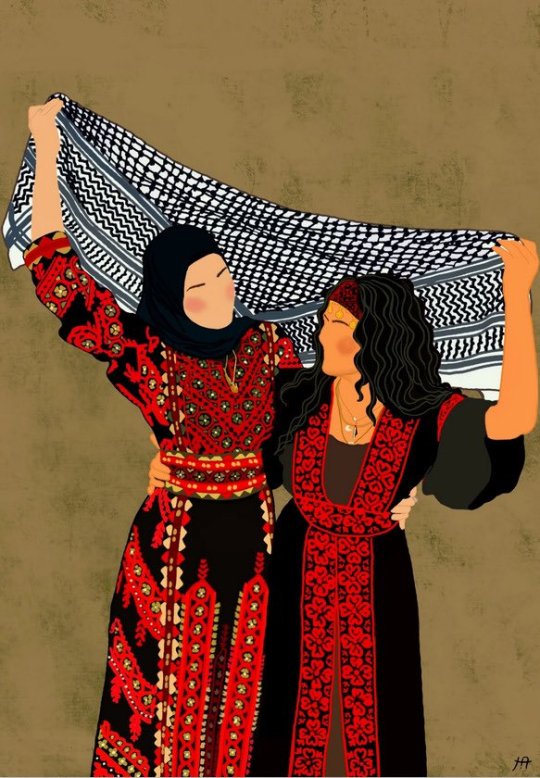

Halima Aziz (b.1999 in Hagen, Germany) is a passionate Palestinian visual artist based in Germany. Her mother is from Tulkarm and her father is from Gaza. She spent her childhood in Palestine where she had to experience the war in Gaza in 2008. In 2009 she moved back to Germany.
68 notes
·
View notes
Text
“Theory in the strong sense of the word is a phenomenon of negativity, too. It makes a decision determining what belongs and what does not. As a mode of highly selective narration, it draws a line of distinction. On the basis of such negativity, theory is violent. It is “produced to prevent things . . . from touching” and “to redistinguish what has been confused.” Without the negativity of distinction, matters proliferate and grow promiscuously. In this respect, theory borders on the ceremonial, which separates the initiated and the uninitiated. It is mistaken to assume that the mass of positive data and information—which is assuming untold dimensions today—has made theory superfluous, that is, that comparing data can replace the use of models. Theory, as negativity, occupies a position anterior to positive data and information. Data-based positive science does not represent the cause so much as the effect of the imminent end of theory, properly speaking. It is not possible to replace theory with positive science. The latter lacks the negativity of decision, which determines what is, or what must be, in the first place. Theory as negativity makes reality itself appear ever and radically different; it presents reality in another light."
— Byung-Chul Han, “The Transparency Society"
#byung chul han#the transparency society#r#.... hit me right in the solar plexus y'all! (bgh casually diagnosing today's positivist shift)
0 notes
Text
“Nobody means by a word precisely and exactly what his neighbour does, and the difference, be it ever so small, vibrates, like a ripple in water, throughout the entire language. Thus all understanding is always at the same time a not-understanding, all concurrence in thought and feeling at the same time a divergence.”
— Wilhelm Von Humboldt, Humboldt: ‘On Language’. (trans. Peter Heath)
4 notes
·
View notes
Text
“Palestinians referred to 1948 as the Nakba, ‘the catastrophe,’ but I had no idea that Palestinians had once lived in Israel, because most Americans in 1970 had no idea either. The writer Sandy Tolan confessed that ‘like many Americans, I grew up with one part of the history, as told through the heroic birth of Israel out of the Holocaust.’ Tolan ‘knew of Israel as a safe haven for the Jews,’ but ‘knew nothing about the Arab side.’ Or as an American Jew recalled of her Hebrew school education, ‘the whole story about Israel was told as if Arabs didn’t exist at all,’ making her wonder whether she had even known there were Palestinians in Palestine.
…A tiny minority of Jewish settlers in Palestine saw things differently. When a Holocaust survivor came upon the toys that belonged to the Palestinian children who had inhabited her Jaffa home, those objects summoned what the Nazis had done to her own family. When Polish Holocaust survivors found a set table in their new home, they returned the key to the Israeli government, remembering ‘how we had to leave the house and everything behind when the Germans arrived.’
Even Israeli prime minister Golda Meir, who resolutely disallowed the return of Palestinian refugees, recorded finding houses in Haifa ‘where the coffee and pita bread were left on the table,’ bringing to mind “many Jewish towns” during World War II.
And in an autobiographical novel published in 1949, an Israeli soldier gave voice to his own horror while following orders to violently evacuate a Palestinian village. ‘We came, we shot, we burned; we blew up, expelled, drove out, and sent into exile,’ Yizhar Smilansky writes, in the voice of his protagonist. ‘What in God’s name were we doing in this place!’ As the character reflects, ‘What indifference there was in us, as if we had never been anything but peddlers of exile, and our hearts had coarsened in the process.’”
— Martha Hodes, “My Hijacking”
4K notes
·
View notes
Text


Jaakko Pallasvuo / David Lynch (The Angriest Dog In The World)
34K notes
·
View notes
Text
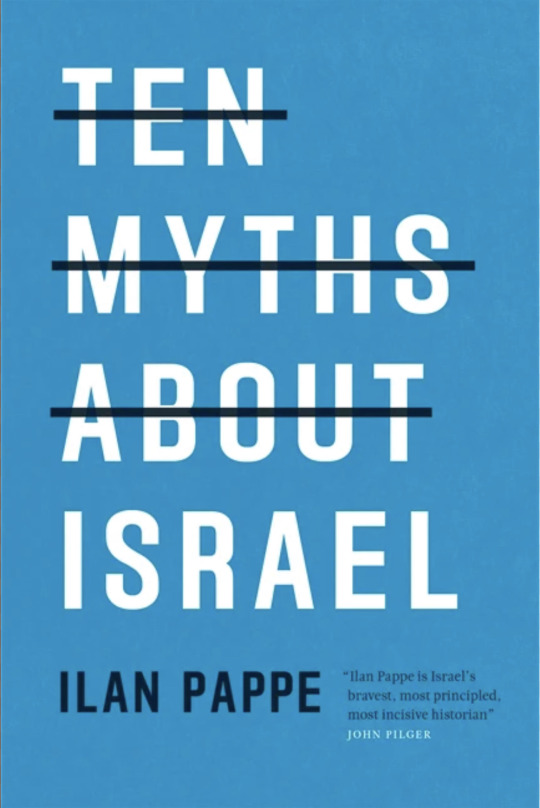
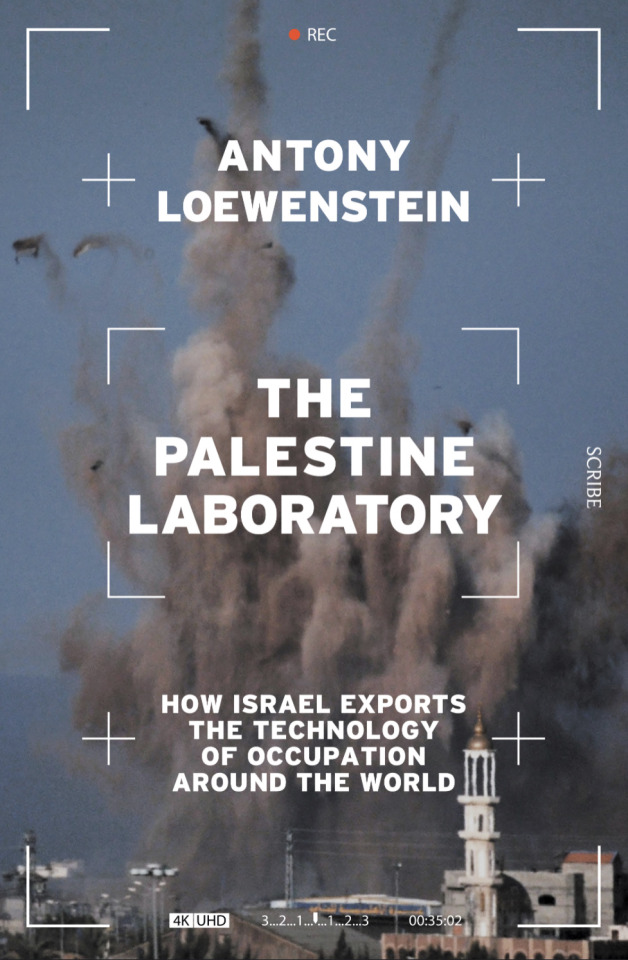

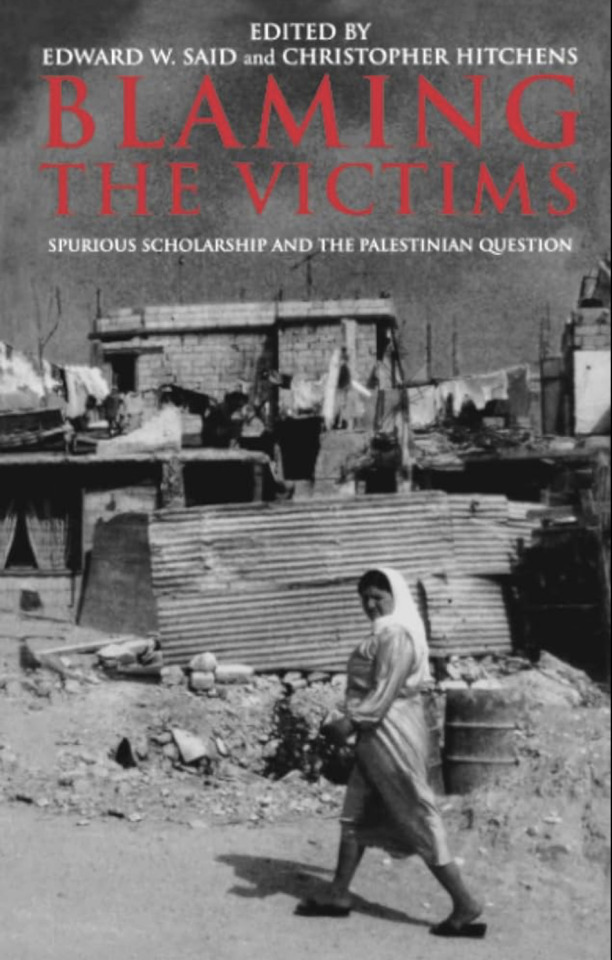
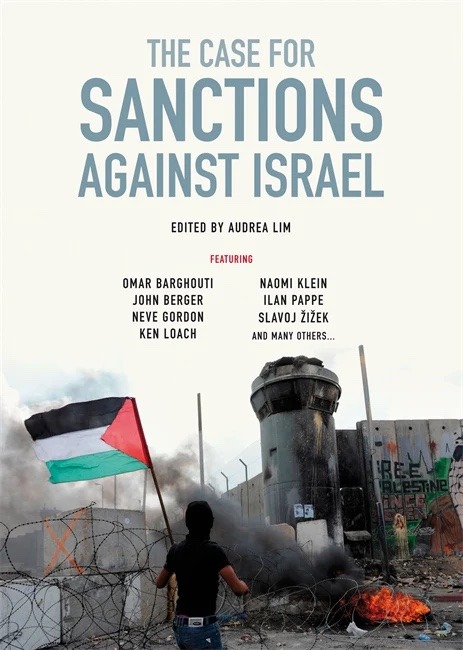
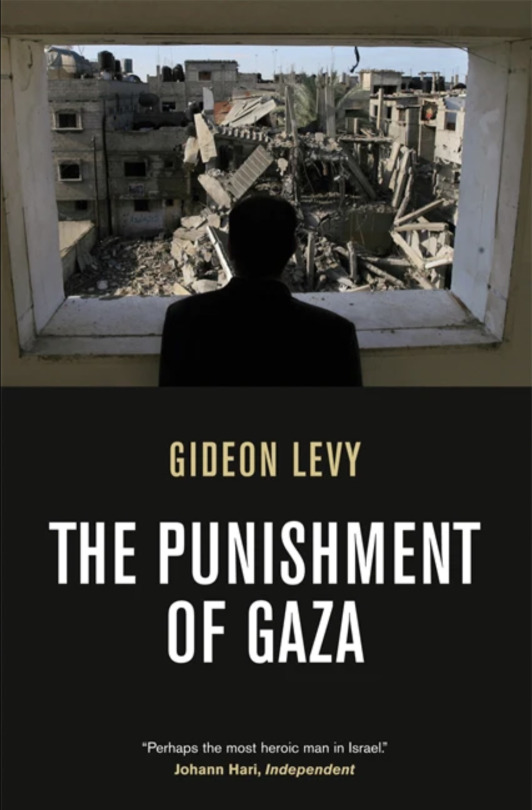
Hey, Versobooks have made the above ebooks free to download
These resources challenge zionist ideology and offer a clear history of the occupation, Israel's military industrial complex, and the BDS movement. (X)
Download here because some of you can use some reading tbh
22K notes
·
View notes
Text

from Except for Palestine: The Limits of Progressive Politics, by Marc Lamont Hill & Mitchell Plitnick
762 notes
·
View notes

